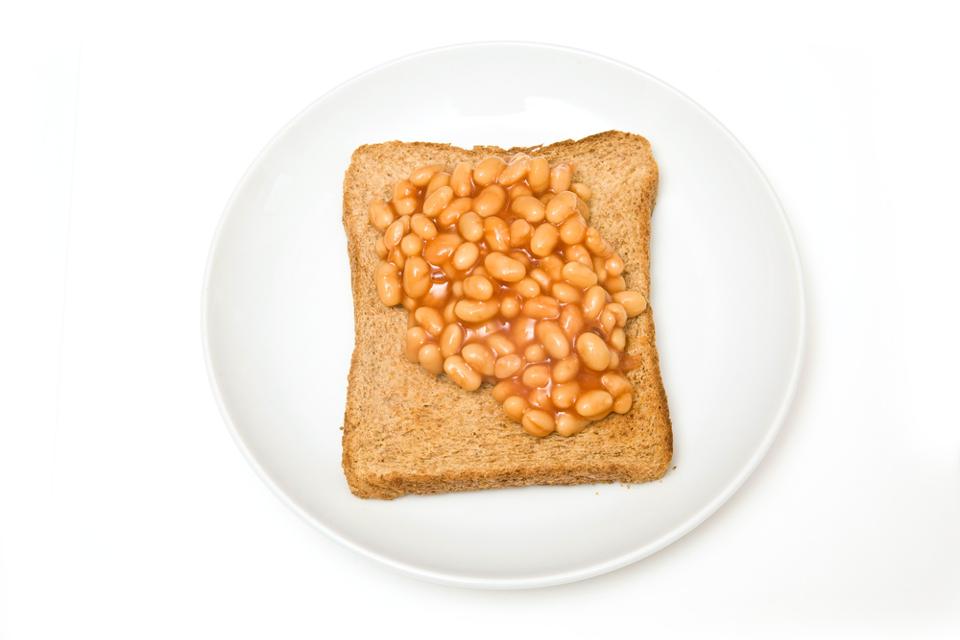We can’t do the Welfare Food Challenge this year.
For the last few years, Raise the Rates, a coalition of groups advocating for higher welfare rates, has been holding a Welfare Food Challenge in October to coincide with World Food Day.
Hundreds of people have taken part in the challenge: students, teachers, union presidents, politicians, and musicians such as Bif Naked. The idea is to have people eat for a week on just the food they can buy with the money provided by welfare. Last year it was $19 per week.
It was hard eating on $19 a week. I tried, then cheated and gave up. The food was too boring and not nutritious. Dieticians have told us that you just can’t have a healthy diet on this paltry amount of money.
Last year we calculated the $19 like this: A person on welfare gets $710 a month for everything. Then we subtracted the average rent in a privately-owned SRO hotel ($548 a month for just a room with a bathroom down the hall and no kitchen), room deposit ($20 per month is what welfare will deduct from your cheque), $25 for phone so you can look for work, $28 for bus tickets to look for work, and $10 for hygiene, soap, shaving and/or menstrual supplies. Only $79 was left for food and we divided that by four to get $19 per week for food.
Our hope was that if people experienced what it was like to eat with that budget, they’d join us in calling on the government for higher welfare rates. Some of them did. But the government hasn’t raised rates enough yet.
But this year we can’t ask people to do the challenge, because even if we don’t count expenses for hygiene, rent deposit, bus fare, or phone, people will only have about $6 a week for food — not enough to keep starvation at bay. The main reason it’s worse now is that rents have gone up so much. The average rent in a private Downtown Eastside SRO hotel room, the cheapest housing around, is now $687 a month. Subtract $687 from the total monthly welfare rate of $710, and all you have left is $23 or about $6 a week for everything.
We can’t do the challenge at a time when it’s particularly important to point out how inadequate welfare rates are. The province is about to release a poverty reduction strategy early next year, and they’re saying they want to reduce poverty by only 25 per cent over five years.
To us at Raise the Rates, this is not nearly enough. We’re afraid that what the government has in mind is taking people who are just under the poverty line of about $1,600 a month for a single person, to just over the $1,600 line. For example, by raising minimum wage, part-time minimum wage workers could climb out of poverty. By increasing childcare subsidies, single parents will be boosted out of poverty. By increasing limits to SAFER, the rent subsidy for seniors whose income is about $1,500 a month can be boosted over the $1,600 poverty line. These are important measures for government to take. We’re glad they have been taken.
But the people who have the shortest life expectancies, the people who suffer most from poverty, and the people who are homeless in the streets are the tens of thousands of people on welfare of $710 a month (not enough to eat and pay rent unless you’re in social housing), and people on disability of $1,131 a month. Unless the government raises these rates, poverty won’t diminish for the poorest.
Not only that, even if the government does the right thing and raises welfare and disability rates up to the poverty line, what happened in the Downtown Eastside last year shows that they need to accompany this with rent control. Without rent control — no allowable increase every year and no ability of landlords to raise rents as much as they want when tenants leave — much of the money that the government spends on alleviating poverty for the poor will go to landlords who don’t need it.
We can’t do the Welfare Food Challenge this year, because skyrocketing rents mean that participants will face starvation. But we are challenging the government to raise welfare and disability up to the poverty line so that the people most in need don’t have to live on the street or die early deaths, and at the same time to place effective limits on rents so all that money doesn’t just go into landlords’ pockets. ![]()















Tyee Commenting Guidelines
Comments that violate guidelines risk being deleted, and violations may result in a temporary or permanent user ban. Maintain the spirit of good conversation to stay in the discussion.
*Please note The Tyee is not a forum for spreading misinformation about COVID-19, denying its existence or minimizing its risk to public health.
Do:
Do not: